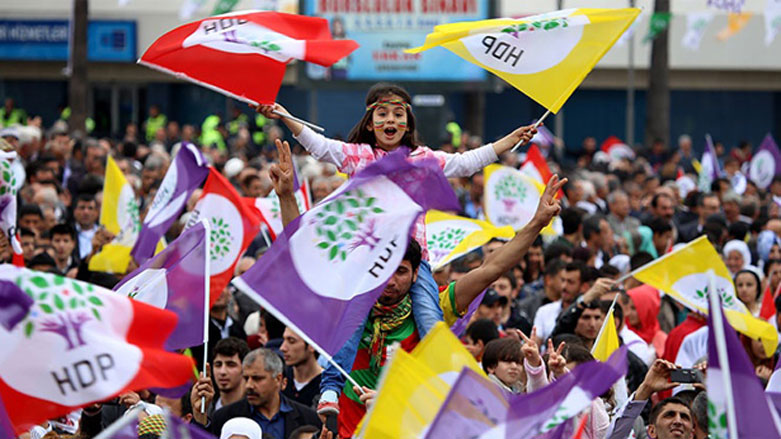US condemns HDP arrests—but won’t do more

State Department spokesperson John Kirby affirmed on Friday that the US was “deeply concerned” by Ankara’s detention of a dozen parliamentary members of the pro-Kurdish People’s Democratic Party (HDP), including the two party co-chairs, Selahattin Demirtas and Figen Yuksekdag.
At the same time, Kirby went out of his way to show that he was also taking into account the concerns of the Turkish regime. He opened his remarks by condemning the car bombing that had occurred that day in Diyarbakir which killed nine people.
The State Department spokesman blamed the attack on the Kurdistan Worker’s Party (PKK) and denounced the organization. However, the Islamic State (IS) later claimed credit for it.
Kirby also made clear the limits of any steps that Washington might take. The Obama administration does not plan to do more than criticize Ankara.
Indeed, until recently, the US was extremely reluctant to do even that. Just a week ago, following the announcement by Turkish prosecutors that they would begin an investigation of Demirtas for insulting the Turkish president (a crime in Turkey), another State Department spokesman declined even to criticize that decision, when asked by Kurdistan24.
“I just don’t have any insight to add or to provide as to why they may be investigating. I would refer you to Turkish authorities,” he said.
Of course, even if he lacked sound information, he had other options than expressing indifference. Most obviously, he could have said he would look into the matter and respond later.
Hence, Kurdistan24’s retort: “If the United States were to speak more clearly against such abuses, perhaps the Turkish authorities would take [that] into account and be less abusive towards their own Kurdish population?”
We will never know because Washington did not even try until it was very late. But it is clearly possible that US reticence sent the wrong message, and Turkish President Recep Tayyip Erdogan concluded he was free to take further, more extreme measures against the HDP.
On Friday, Kirby was asked whether the US was prepared to take concrete action if Ankara continued to disregard US complaints on human rights issues—whether unilaterally or in concert with the European Union or United Nations, both of which have also protested the detention of Demirtas and that of the other HDP parliamentarians.
Kirby responded that the US was focused on maintaining a dialogue with Turkish leaders and “continuing to express our concerns when we have them and as well as our support.”
“We’re going to focus on the bilateral relationship,” he added. “As for next steps or decisions that might or might not be made, I’m not going to speculate.”
For Erdogan, this is about establishing a presidential system that will give him far-reaching executive authority. A referendum is to be held in the spring, and he is whipping up Turkish nationalist sentiment to mobilize support for his new political order.
For Washington, the issue is the fight against IS and its dependence on Turkey, above all continued US access to Incirlik Air Base.
Individuals knowledgeable about Turkish affairs, like Alan Makovsky, former staffer with the House Foreign Affairs Committee and now Senior Fellow at the Center for American Progress, maintain that the US has more ability to influence Turkish decision-making than it realizes and its timidity is unjustified.
It appears, however, unlikely that the Obama administration will even explore such a course, during its last three months in office.
Editing by Delovan Barwari
